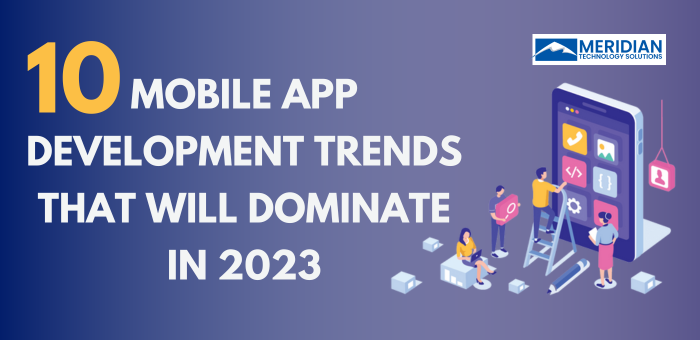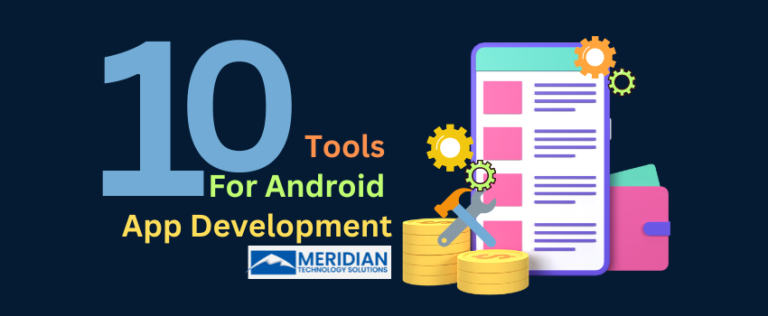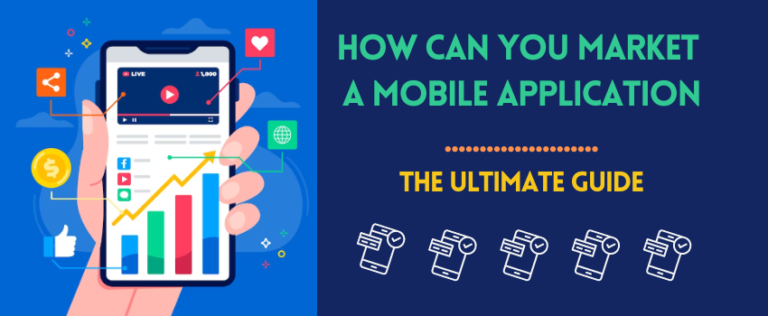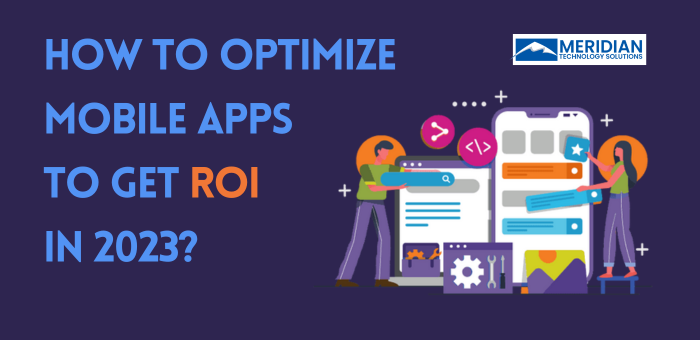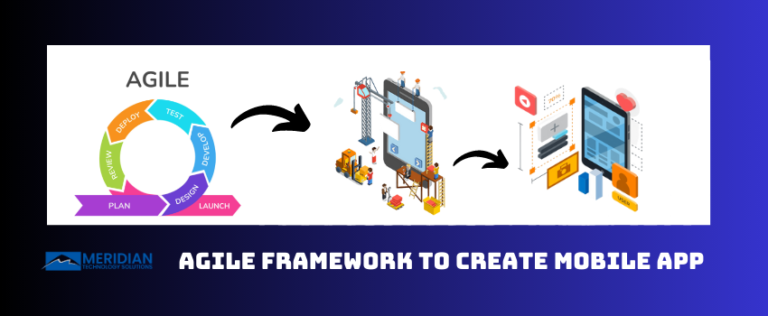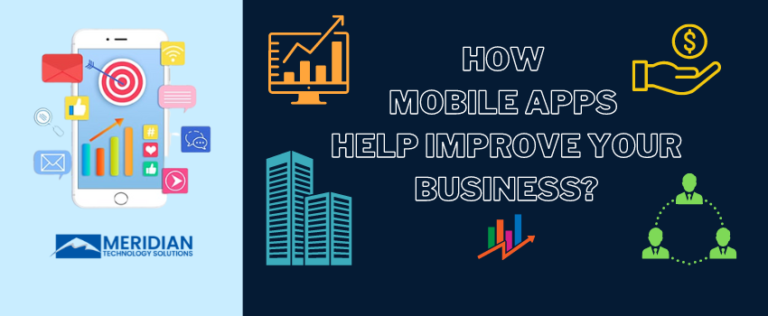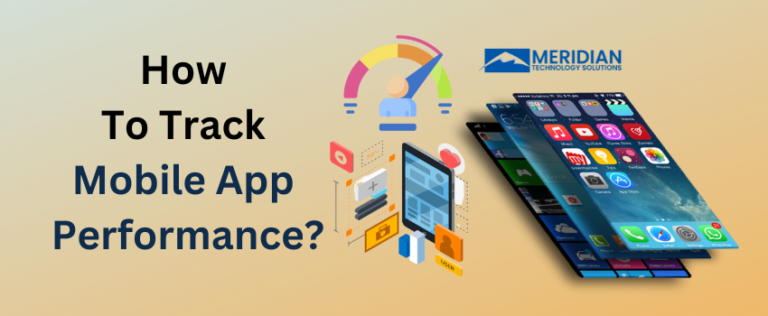10 Mobile App Development Trends That Will Dominate In 2023
The mobile app development industry is rapidly evolving. Mobile apps cater to various needs, from entertainment and productivity to communication and e-commerce, making them an integral part of modern life. The convenience and portability offered by mobile apps have reshaped consumer behavior, driving users to seek instant solutions and engaging experiences on their handheld devices.
Consumer demands, technology advancements and several other factors have a direct impact on mobile app development trends in 2023. However, staying tuned with the most up to date trends is arguably an essential part of getting success in the mobile app development space.
Let’s dive deep into the latest 10 mobile app development trends that will dominate in 2023-
(1) 5G Technology: The widespread adoption of 5G technology is set to revolutionize the mobile app landscape. As of 2023, T-Mobile US had by far the fastest typical 5G download speed among United States (U.S.) network operators at 195.5 Mbps, more than twice as fast as either AT&T or Verizon.
With its lightning-fast data transfer speeds and reduced latency, 5G enables a host of new possibilities for app developers. From delivering high-quality multimedia content to enabling real-time augmented reality (AR) and virtual reality (VR) experiences, 5G integration will provide users with seamless and immersive app interactions.
(2) Augmented Reality (AR) & Virtual Reality (VR): AR and VR technologies have been steadily gaining popularity, and their impact on mobile app development is expected to grow further. Industries like gaming, e-commerce, healthcare, and education are already exploring AR and VR applications to offer engaging and interactive experiences to their users. From virtual try-ons in shopping apps to medical training simulations, AR and VR have the potential to transform various sectors.
(3) Internet of Things (IoT) Integration: As the number of IoT devices continues to rise, integrating IoT technology into mobile apps becomes increasingly relevant. It is evident that the global Internet of Things market is expected to reach $318 billion (approx) in 2023, out of which $226 billion market will come from mobile apps.
IoT-enabled apps can allow users to control smart devices, access real-time data, and automate tasks, creating a more connected and convenient user experience.
(4) Artificial Intelligence (AI) & Machine Learning (ML): AI and ML technologies are reshaping the mobile app development landscape. As per the latest statistics and global report on AI worldwide, The global artificial intelligence market size is projected to expand at a compound annual growth rate (CAGR) of 37.3% from 2023 to 2030. It is projected to reach $1,811.8 billion by 2030.
From personalized app experiences based on user behavior to intelligent chatbots providing customer support, AI and ML empower apps with advanced capabilities. Predictive analytics and data-driven insights also enable developers to enhance app performance and user engagement.
(5) Progressive Web Apps (PWAs): Progressive Web Apps (PWAs) are web applications that offer a native app-like experience through web browsers. PWAs are gaining traction due to their ability to work offline, faster loading times, and reduced data usage. These characteristics make PWAs an attractive option for businesses looking to provide a seamless user experience across various devices.
(6) Chatbots & Conversational Interfaces: Chatbots and conversational interfaces are becoming more prevalent in mobile apps to provide instant and personalized user support. These AI-driven chatbots can efficiently handle customer queries, offer recommendations, and streamline user interactions within the app.
(7) Voice-enabled Apps: With the growing popularity of voice assistants like Siri, Google Assistant, and Alexa, voice-enabled apps are expected to rise. Voice recognition technology allows users to interact with apps through voice commands, enhancing accessibility and convenience.
(8) Biometric Authentication: Biometric authentication methods, such as fingerprint and facial recognition, are gaining popularity as secure alternatives to traditional passwords. Mobile apps can leverage biometric technology to enhance data security and provide a seamless login experience for users.
(9) Mobile Wallets & Payment Integration: The increasing shift towards digital payments has made mobile wallets an integral part of the app experience. Integrating secure and user-friendly payment gateways within apps can enhance customer trust and simplify transactions.
(10) Instant Apps: Instant apps allow users to access specific functionalities of an app without installing the full application. This feature provides a frictionless user experience, as users can quickly access app features without the need for installation. Instant apps also save storage space on users’ devices.
All above are the latest mobile app development trends 2023 that will transform the way we live, work, and connect with the world through mobile apps.
Let’s talk more about mobile app development with our experienced mobile app developers. We’re working on Meridian upcoming blog posts. Till then, stay tuned.

